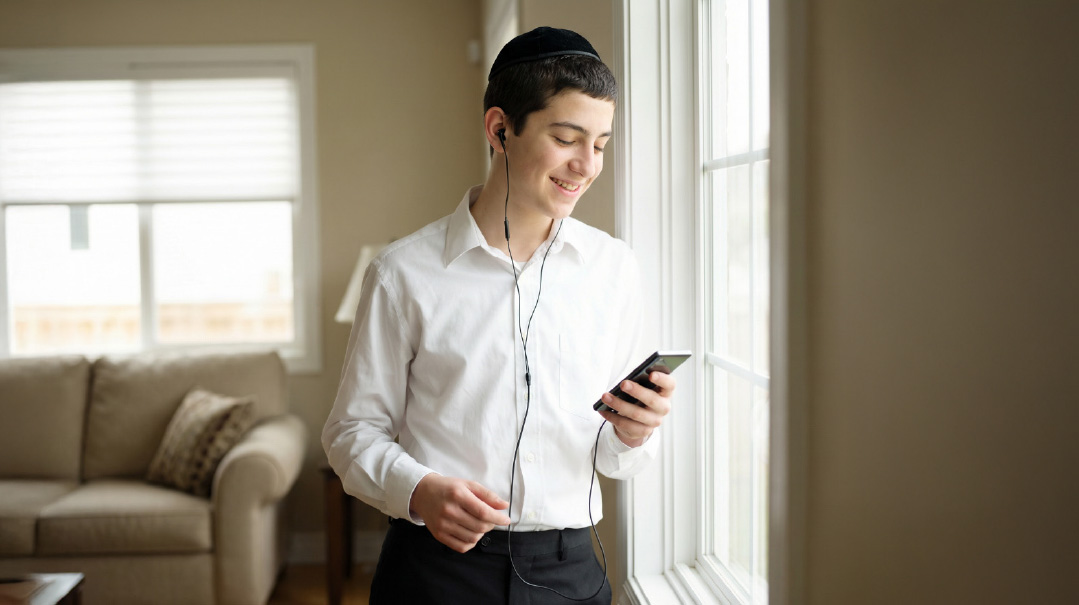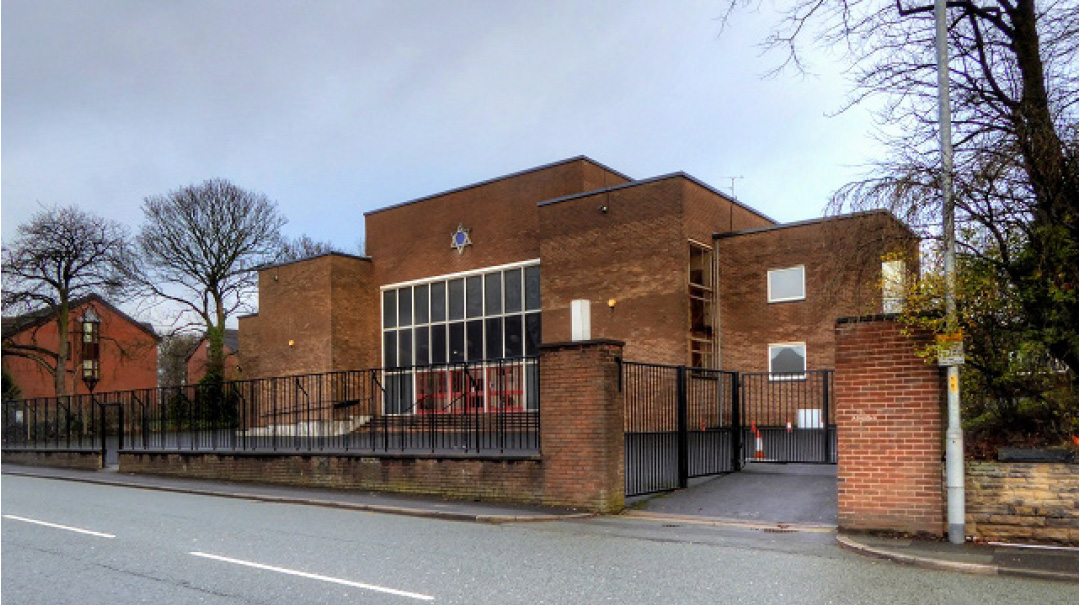Find Your Place in the Sunshine?
| May 7, 2024If you want to have a positive impact, if you want to build Torah, you don’t necessarily need to live in Flatbush or Lakewood

Were you to have been within a block of our house last Motzaei Shabbos, you might have heard echoes of two-year-old Simcha singing from his crib: “Six more days till Shabbos, ay yay yay yay yay yay!” I suppose he isn’t the only toddler who loves picturing the Shabbos Queen’s sparkling trail as she leaves his house each week. But he definitely is the only one around for quite some distance.
This isn’t because there are no other Jews nearby. In fact, just days ago, there were thousands upon thousands of them in the area, celebrating the joys of a Torah life, lifting four cups, and carefully reclining while eating measured k’zeisim of matzah. But now they’ve left Orlando and returned home to their established communities across the country. Who is left in mine?
Within walking distance of our home there are a few dozen families that care enough about their Judaism to be part of a synagogue. Draw a wider circle, say a ten-minute drive, and you’ll encounter hundreds more families who identify as Jewish and thousands who actually are Jewish. But for at least nine miles, our gray house on leafy West Yale Street is certainly the only conventionally shomer Shabbos home.
This wouldn’t be remarkable if I were a product of Crown Heights or Morristown. But I’m not. I learned at Yeshiva University and spent many single years visiting special environments like Emunas Yisrael in Boro Park and making routine pilgrimages to contemporary leaders like Rav Aaron Lopiansky and Rav Michel and Feige Twerski. My wife is from London’s Golders Green, perhaps one of the most densely populated frum Western communities after Brooklyn.
So how did we end up virtually isolated from any neighbors or friends who live the way we do?
Growing up in Memphis, Tennessee, I routinely heard the battle cry of the late Rav Nota Greenblatt: Hundreds of thousands of Jews are nestled in the hinterlands of America! As the recent ArtScroll biography about him so vividly describes, he spent his life literally chasing after them. Rav Nota traveled anywhere and everywhere to help Jews, once casually walking into a Las Vegas casino kitchen at 5 a.m. to secure a get.
And he had a mantra: If you want to have a positive impact, if you want to build Torah, you don’t necessarily need to live in Flatbush or Lakewood.
A candidate for a position at the Memphis day school responded to a hiring committee that he wanted the job so he could make a difference.
“So why don’t you go to Knoxville?” Rav Nota shot back.
That city housed several thousand disconnected Jews; there was no shortage of opportunities there.
With two young children, I don’t know that we would have been able to weather Knoxville, Tennessee. But we’ve come awfully close.
While Orlando has a reported 50,000 Jews, its community life — whether synagogues, Jewish Federation and community centers, schools, even restaurant offerings — mirrors places less than half its size. Why this is the case is an open question. What’s much more important than spending time on such analysis is that there is right now an opportunity, perhaps unlike anyplace else in the United States, to implant Torah values.
My wife and I work for a kiruv organization that has built a strong reputation among hundreds of Orlando’s nonobservant Jews. As the only staff family with children young enough to survive isolation, we chose to move closer to where many of our organization’s participants actually live.
We have spent much of the last year learning about the region’s Jews, the neighborhood we strategically chose to live in (conveniently in range of almost every Jewish institution, including the Orthodox elementary school), and recently opened a community center in which to host social and educational programs. We are just beginning a routine Sunday morning minyan, with Friday night davening soon to follow, im yirtzeh Hashem.
But while we’ve only been here a year, we’ve already learned something important: One family is not enough to build a community. We see a real thirst among Orlando’s Jews for connection to Torah, Eretz Yisrael, and one another. But we need more people on the ground to connect with them. Rav Nota flew across the country and even the world to help Jews as a lone star. Developing a community, though, requires more of a constellation.
Orlando is ready for those who are open to building from scratch. It’s filled with unaffiliated Jews, many of whom do not have any inkling about how little they know of the treasures of their heritage. Imagine what passionately connected young families could do to help build an informed community.
We’ve discovered in our time here that those who are most primed to do great things are the ones who can dream big, but are also ready to cook food and set up tables and chairs. People who are ready to share the sweetness of a Shabbos table and create child-friendly programs, while also befriending parents as intelligent adults, are an undervalued national asset.
I’m not saying that we ourselves have done these things as perfectly and as often as we would like just yet, either. But we know that other couples like us, even those who don’t work in kiruv, but are professionals interested in doing for Klal Yisrael during nights and weekends, could make a huge difference to a whole city. (Orlando was named a new US job hot spot in the Wall Street Journal in March.)
The idea of national service, especially as seen in countries like Israel, has so much merit in how it impacts an entire society by instilling stakeholdership for its well-being. What about applying this toward kiruv, embracing a “national service” model for young couples, before their children get older, and time, money, and the leeway to take risks are all in much shorter supply? The comforts and conveniences of an established community take on enhanced value as one’s family grows. Before then, though, in sacrificing for a year or two in commitment to the Jewish People — literally rescuing other families — might we not ultimately strengthen ourselves?
Other couples who dream of making a difference may yet have a place alongside us in the sunshine.
Binyamin Ehrenkranz is the director of impact for JOIN Orlando. He can be contacted via Mishpacha.
(Originally featured in Mishpacha, Issue 1010)
Oops! We could not locate your form.







